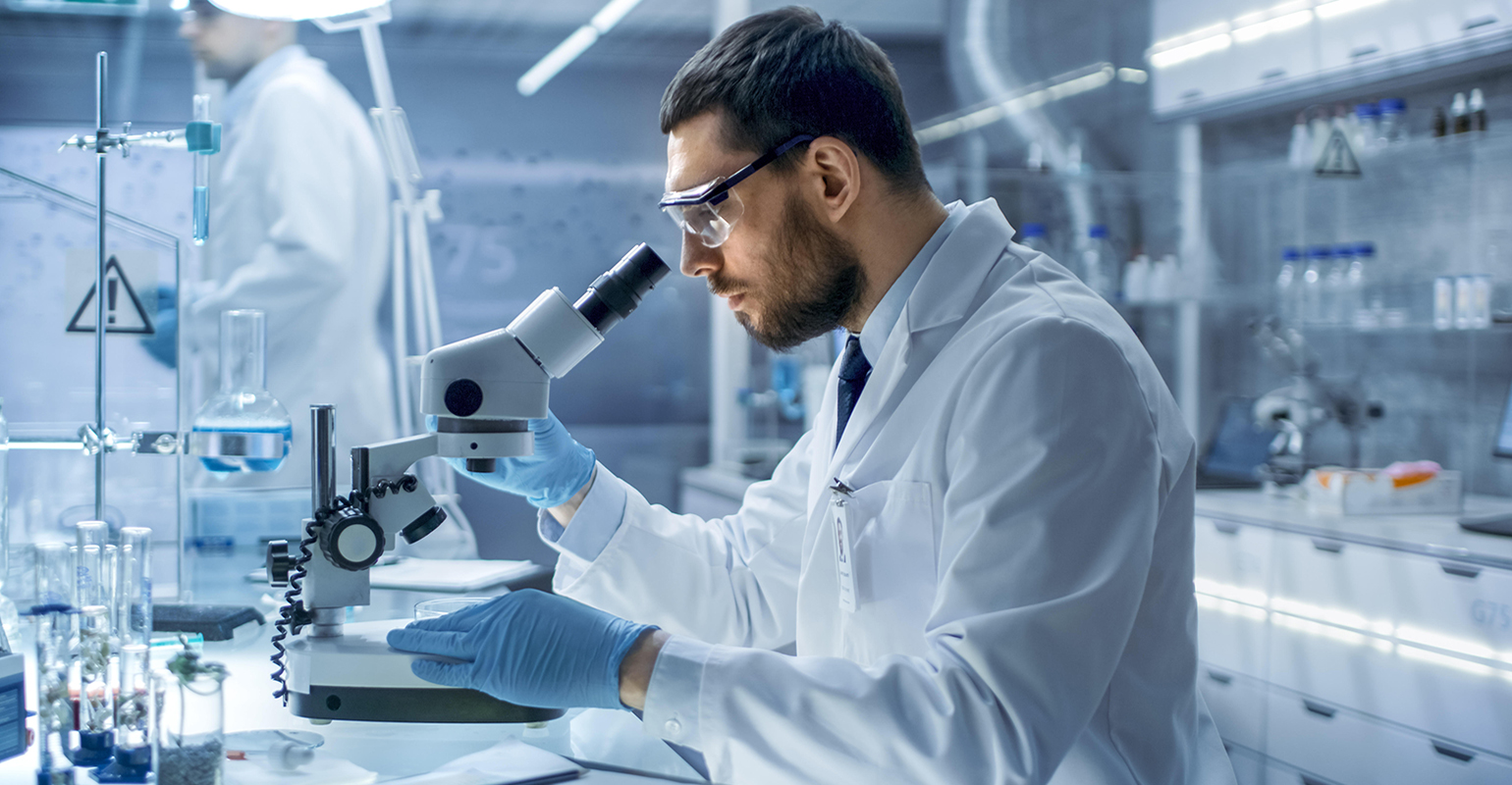
NIST in Joint Research Project with Korean Lab to Explore Medical Use of Shape-Memory Polymers

The National Institute of Standards and Technology (NIST) is investigating shape-memory polymers (SMPs) and their role in medical applications under a rare agreement with South Korea’s TMD Lab.
The joint research is expected to produce a DNA database of SMPs and foster development of SMPs for implantable devices that reduce the formation of biofilms caused by microbial infection.
Established in 2018, TMD Lab develops implantable medical devices featuring SMPs that can restore shape quickly near body temperature. Using its materials, TMD can perform a minimally invasive procedure while avoiding biofilms commonly associated with silicone materials. TMD’s shape-memory materials can be tuned to restore their form in seconds, minutes, or longer, while reducing biofilms by 74%.
The medical implantables TMD is developing include nonvascular stents, ophthalmic devices, and plastic implants.
“I know that it is rare for NIST to sign a joint R&D agreement with a foreign private company,” noted Hak-Joon Sung, CEO of TMD. “We expect that this joint research would facilitate the expansion of the market for implantable medical devices using SMPs.”
According to data from Global Market Insights, the SMP market’s value in 2021 was $450.4 million and is projected to grow at 26.9% from 2022 through 2030 — albeit driven by growing product demand in the automotive and aerospace sectors.
As understanding of SMPs grows, however, more medical applications appear poised on the horizon. For instance, Shape Memory Medical has announced successes with its embolotherapy devices and is focused on creating a product pipeline of solutions for aortic aneurysms and aortic dissection. Shape-memory polymers can conform to patient anatomy and have been used in applications like endovascular treatment of aneurysms.
The biomaterials group at NIST signed a confidential disclosure agreement with TMD last April, and TMD agreed in October to NIST’s Cooperative Research and Development Agreement. Researchers in NIST’s biomaterials group specialize in various biomaterials and cell-to-cell interactions, microbial measurement, spectroscopy, and more.

Leave a Reply